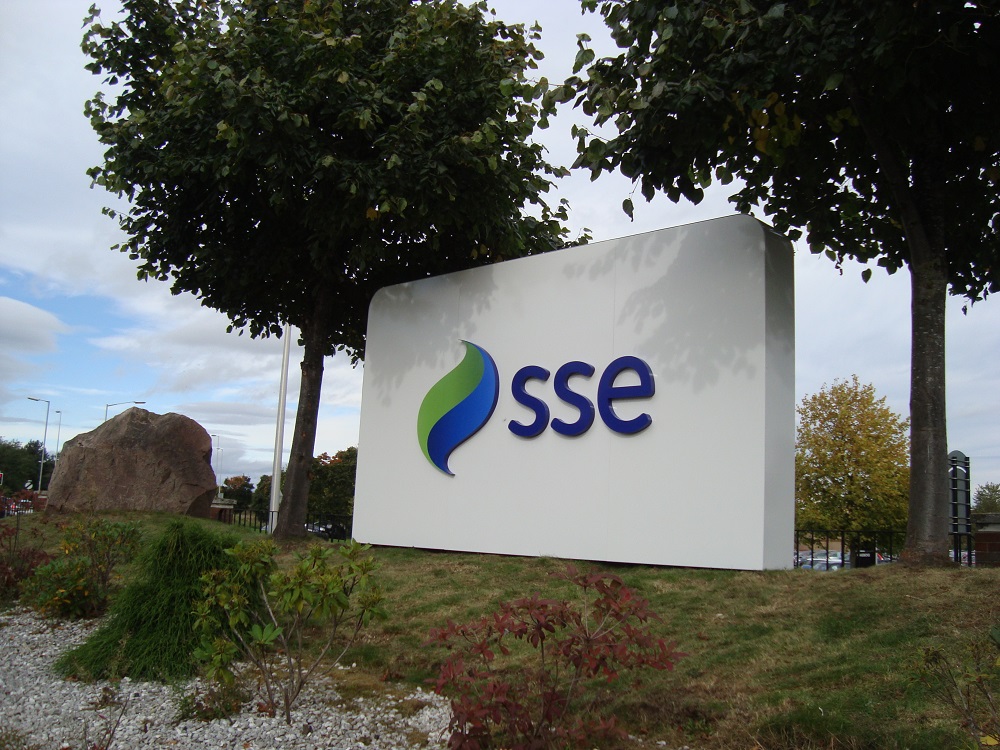Power provider and network operator SSE has defended the RIIO framework just as Ofgem said operators should prepare themselves for tougher price controls.
Last week the regulator addressed system operators and investors alike, stating that preparations would soon get underway for the RIIO-2 framework which comes into effect for transmission network operators on 1 April 2021 and for distribution network operators a year later.
The current ‘Revenue = Incentives + Innovation + Outputs’ model, which effectively balances the cost of reinforcement works and investments against consumer protections, has been criticised in some quarters for being too lenient and, therefore, expensive for consumers.
Consumer watchdog Citizens Advice argued that inefficient regulation by Ofgem had allowed operators to pocket billions of pounds of “unjustified” profits, all at the consumer’s expense.
As a result Ofgem has warned that operators should expect tougher controls and investors lower returns.
But, reporting its Q1 results today, SSE launched to the defence of RIIO-1.
“SSE believes the RIIO regulatory framework is delivering the highest-ever standards of customer service in the sector and record levels of investment in a robust and secure network,” the company said.
SSE added that there would be opportunities as “networks evolve in line with changes to how electricity is produced” and said it would be responding “constructively” to Ofgem during this initial stage of discussions.
It also set out how it expected to invest around £1.7 billion in its networks business over the course of 2017/18 and as much as £6 billion in the four years leading up to March 2020. This investment, SSE said, would create “significant value” in the networks division and increase its capacity for renewable electricity to 4.3GW.
SSE was delivering its results against an increasingly competitive backdrop as increases to its standard tariffs were demonstrably sending customers elsewhere. Alistair Phillips-Davies, chief executive at SSE, said that the forthcoming year was presenting “a number of complex challenges”.
“There continues to be significant change across the energy sector, but also opportunities for responsibly-minded businesses to contribute positively to its direction in the interests of customers and investors alike.
“Our priorities remain to support positive outcomes for customers, provide reliable and sustainable energy and deliver annual dividend growth for investors that at least keeps pace with inflation,” he said.






